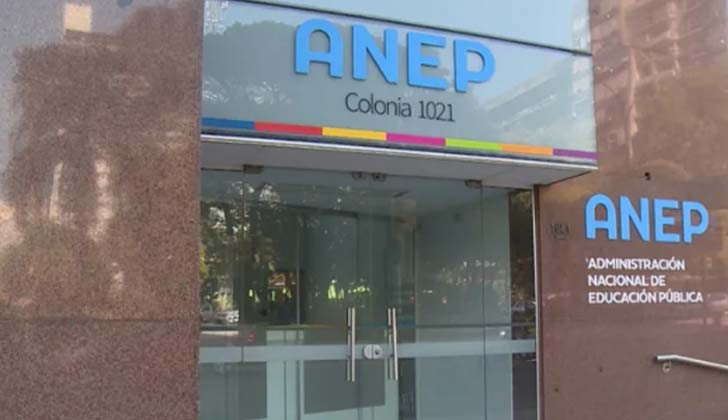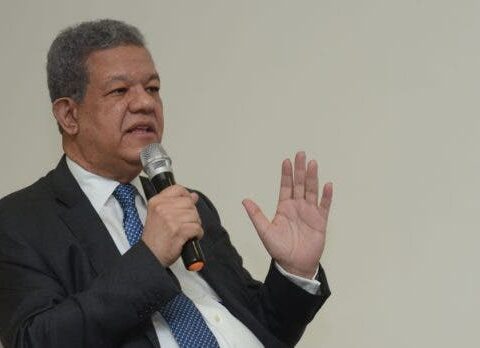The Institutionality and Justice Foundation (FINJUS) this morning opposed the creation of a new province, considering such a project as counterproductive, untimely, and that it will add more pressure to public spending in the Dominican Republic.
Servio Tulio Castaños Guzmán, executive vice president of the entity, lamented that it is intended to continue fragmenting the country, despite being one of the smallest in Latin America.
“In this sense, it should be pointed out that demographic growth alone does not constitute a sufficient criterion to opt for territorial division for the purposes of greater representation, especially when there are still pending tasks in relation to the need to review the redistribution of public spending in the provinces. already created. That is why the trend of countries in the region points to the promotion of associations (inter-municipal cooperation) for the provision of certain public services”, he said.
You may be interested in reading: New Matías Ramón Mella province approved
The civic leader pointed out that “it must be remembered that the Dominican Republic is one of the countries with the smallest territorial extension in Latin America, which, when evaluated proportionally, seems to present a very high number of political divisions compared to its peers. Hence, the creation of a new province cannot be approached as the response to the expected development of the municipalities that would integrate it, since betting on greater overtones of bureaucracy will not yield the expected benefit.
The executive of Finjus He exhorted the deputies to give greater weight to their plans to create what would be the new Matías Ramón Mella province, due to the political-territorial fragmentation in the face of strategic development objectives and territorial planning plans.
“From the Institutionality and Justice Foundation we consider that the creation of an additional province pressing public spending without solid evidence that this translates into greater access to services and/or strengthening of the development of the territories it would comprise is inappropriate. It is a response that becomes counterproductive to the real need for greater attention to the shortcomings and marked inequalities between the regions and provinces of the country”, Castaños Guzmán said.
He added that “the comparative experience points to an excessive territorial political fragmentation as a problem that makes it excessively difficult to realize the common good in relation to a coherent national policy that can be redirected towards objectives of territorial redistribution of wealth.”








